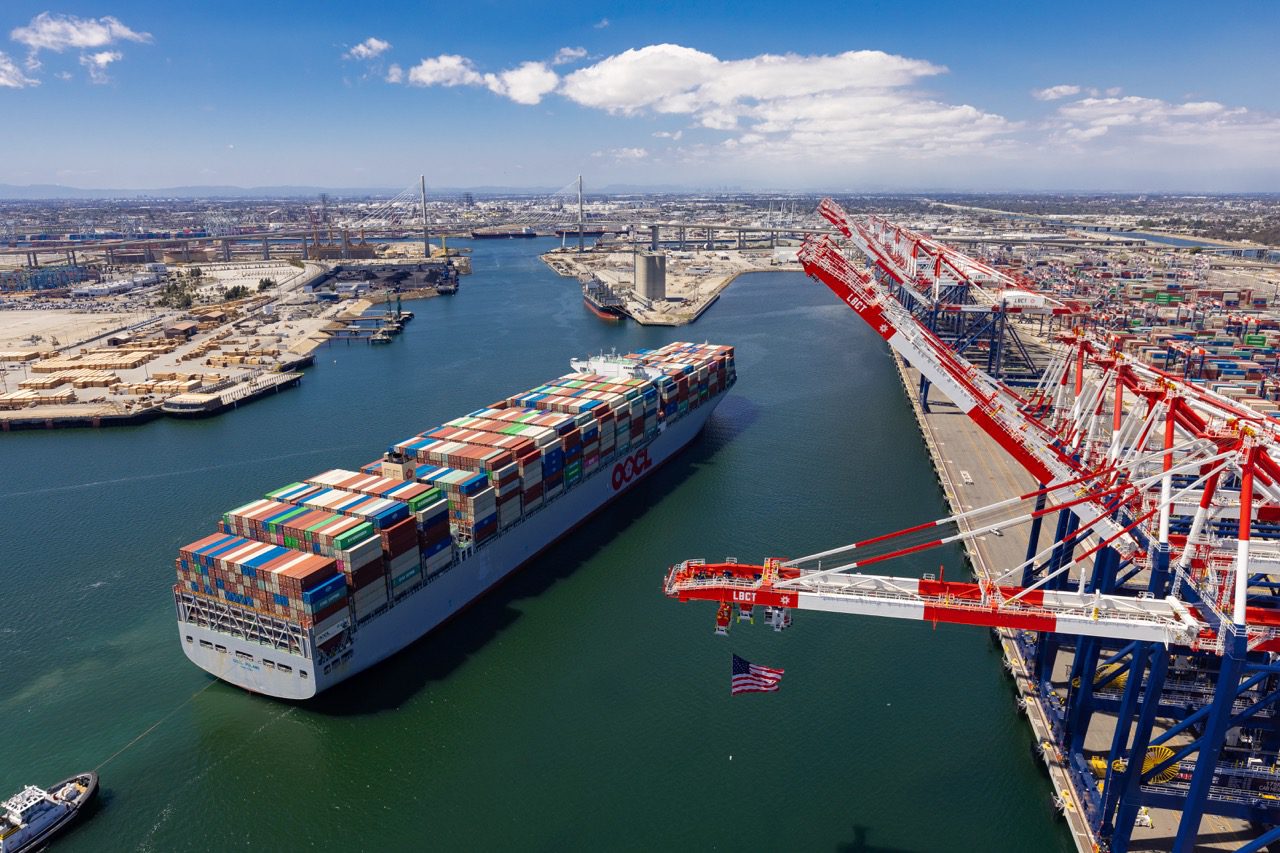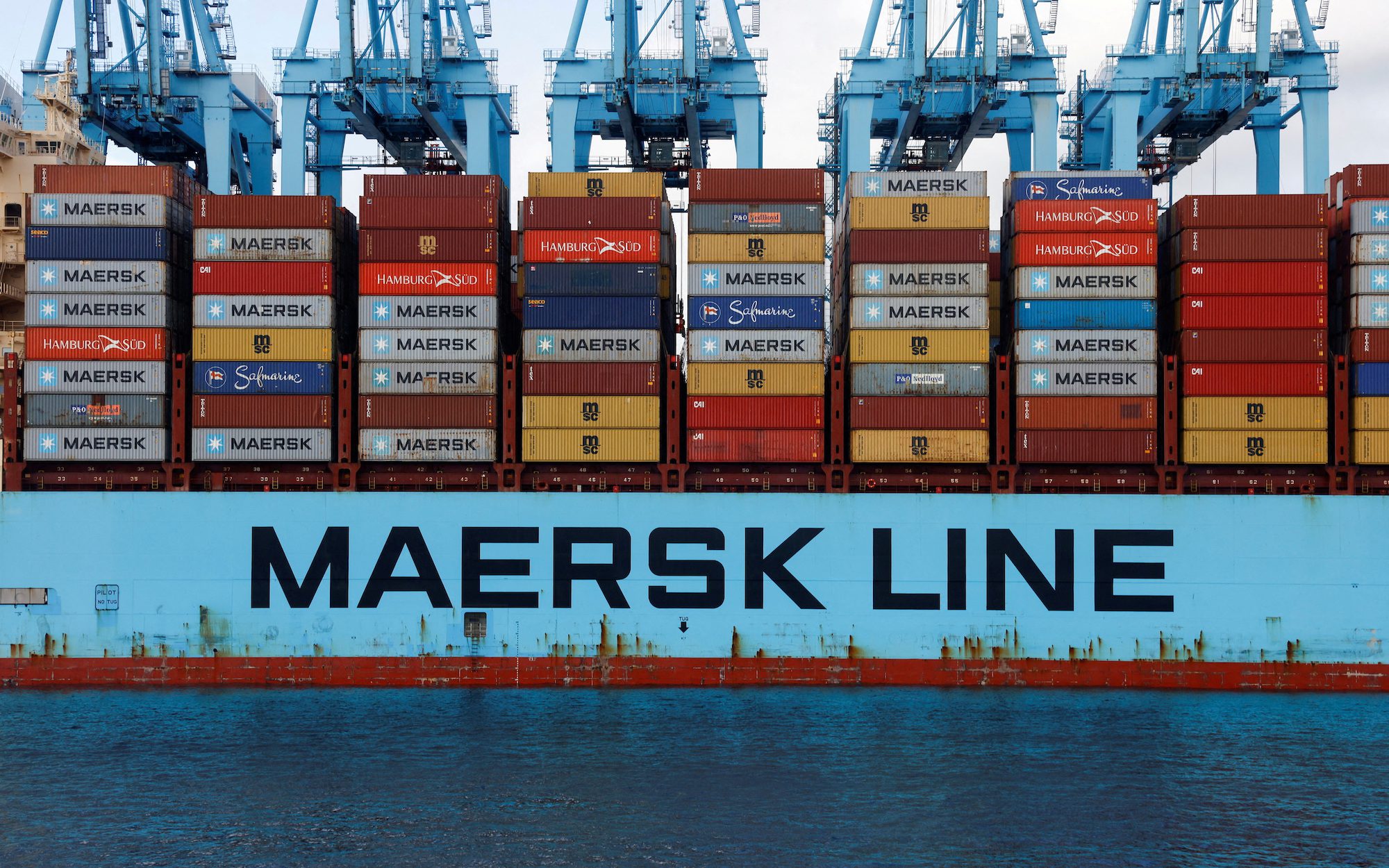The European Commission has announced an agreement between the European Parliament and the Council to bolster the maritime transport sector’s contribution toward achieving the EU’s climate goals. The accord aims to reduce net greenhouse gas emissions by at least 55% by 2030 and reach climate neutrality by 2050.
The new regulation, known as FuelEU Maritime, seeks to reduce greenhouse gas emissions from the shipping sector by promoting the use of cleaner fuels and energy.
The regulation mandates a gradual decrease in the greenhouse gas intensity of fuels used by the shipping industry. By 2025, there will be a 2% reduction, increasing to as much as 80% by 2050.
The agreement complements a provisional agreement reached in December 2022 to incorporate shipping emissions into the EU Emissions Trading System (EU ETS). Both initiatives play a vital role in the EU’s efforts to reduce maritime emissions.
Maritime transport accounted for 3 to 4% of the EU’s total CO2 emissions in 2021. Despite the decrease in activity due to the coronavirus pandemic in 2020, shipping is expected to grow, driven by the increasing demand for resources and container transport.
FuelEU Maritime will help decarbonize the maritime transport sector by imposing yearly maximum limits on a ship’s greenhouse gas intensity. These targets will become more ambitious over time, reflecting technological advancements and the increased production of renewable and low-carbon fuels. The targets will cover CO2, methane, and nitrous oxide emissions throughout the fuels’ lifecycle.
Additionally, the regulation introduces a zero-emission requirement at berth, necessitating the use of on-shore power supply (OPS) or alternative zero-emission technologies in ports by passenger ships and container ships. This measure aims to mitigate air pollution emissions in ports, which are often close to densely populated areas.
The FuelEU Maritime regulation also adopts a goal-based, technology-neutral approach, fostering innovation and the development of new fuel technologies to meet future demands. This approach allows operators to choose the most suitable fuels based on ship-specific or operation-specific profiles.
The EU-wide mandate is meant to promote a level playing field and ensure that the market for sustainable maritime fuels expands, and will provide legal certainty for ship operators and fuel producers to stimulate the large-scale production of sustainable maritime fuels, helping to reduce the price gap between fossil fuels and sustainable alternatives.
The political agreement will need to be formally adopted by the European Parliament and the Council before it is published in the Official Journal of the European Union. The new rules will take effect 20 days after publication.
This latest agreement marks a significant step in the adoption of the European Commission’s ‘Fit for 55’ legislative package, aiming to deliver on the European Green Deal and make Europe climate-neutral by 2050.
The World Shipping Council, which represents international liner shipping companies, said the FuelEU regulation adds positive momentum to shipping’s path to decarbonization.
“We welcome the agreement announced today and will continue to work for effective FuelEU implementation that ensures that demand for renewable marine fuels in the EU region is matched by supply,” said Jim Corbett, Environmental Director Europe for WSC.
“Climate change is a global issue; shipping is a global industry that needs to be part of the solution. We need substantial regulation on an international level to advance at the pace our planet requires. Global fleet decarbonization requires two steps beyond today’s agreement. First, GHG reduction targets at IMO need to be updated. Second, supply of renewably produced low-GHG fuels must be scaled for global shipping. The EU has an important role to play at the IMO in working for progress, and we look forward to continuing our engagement with all IMO member nations for strong global GHG regulations,” added Corbett.

 Join The Club
Join The Club










